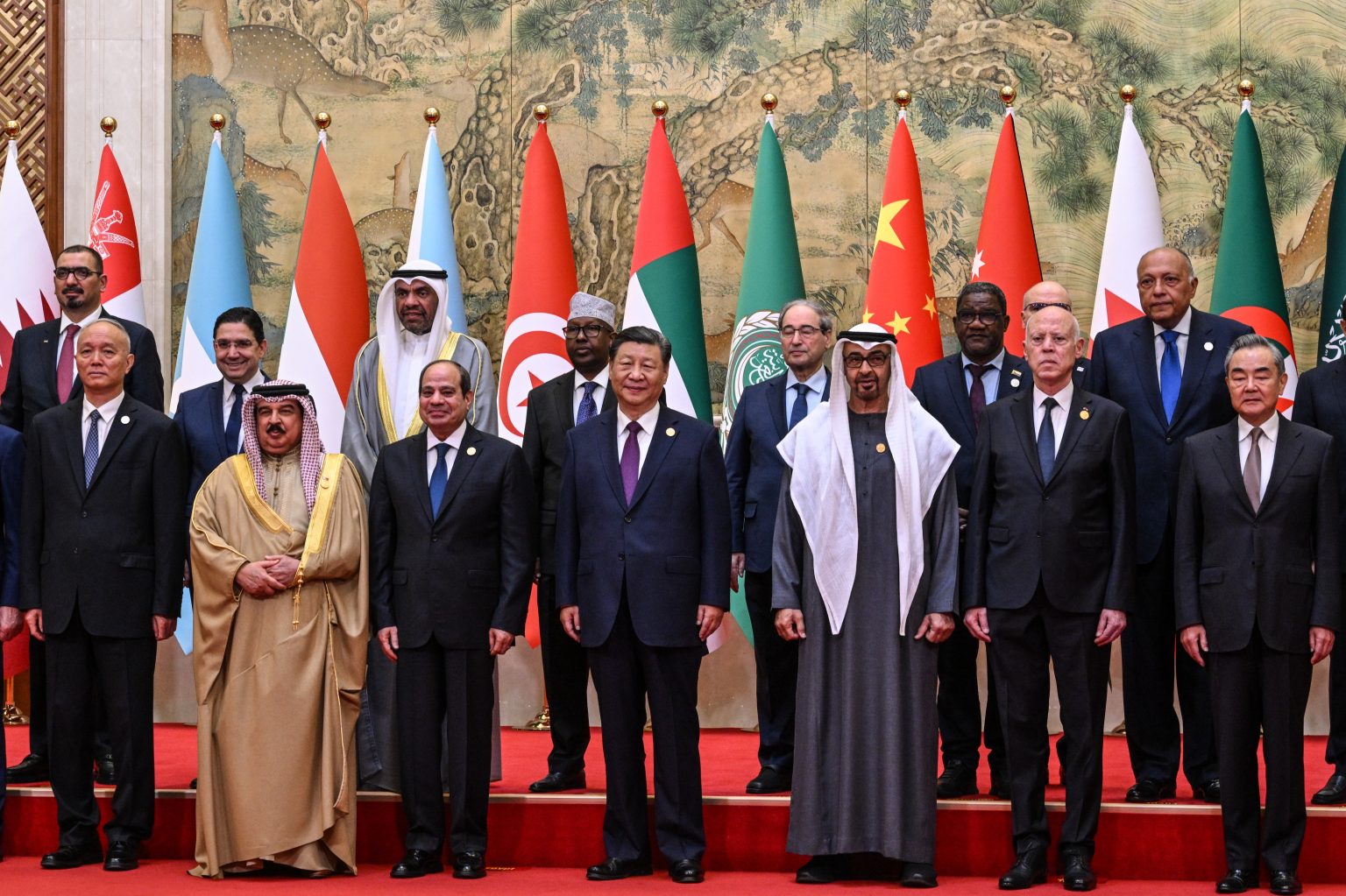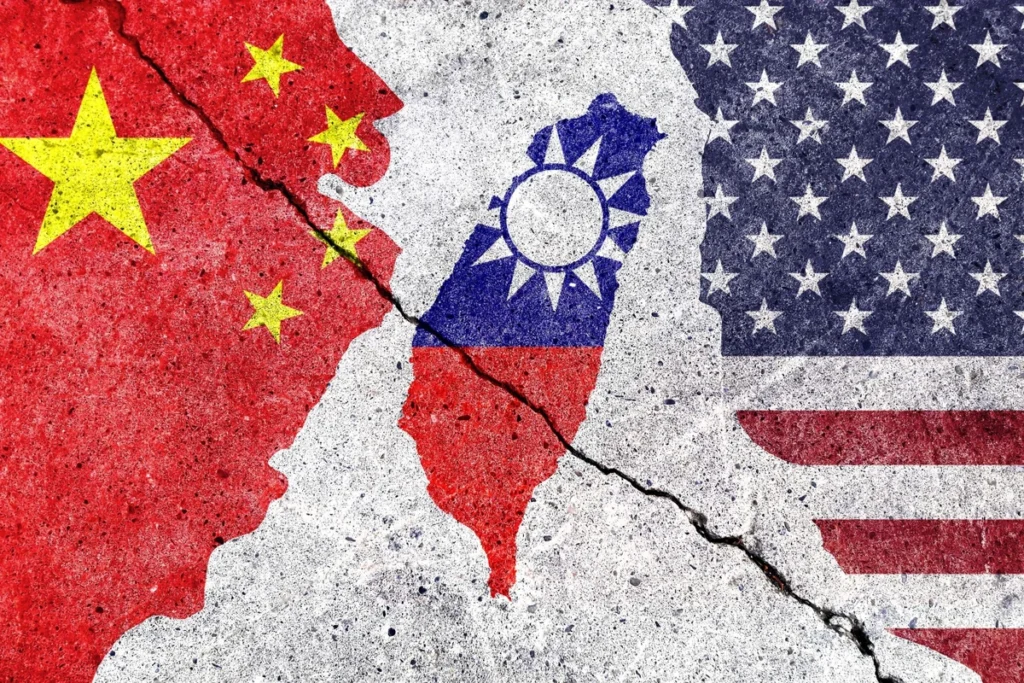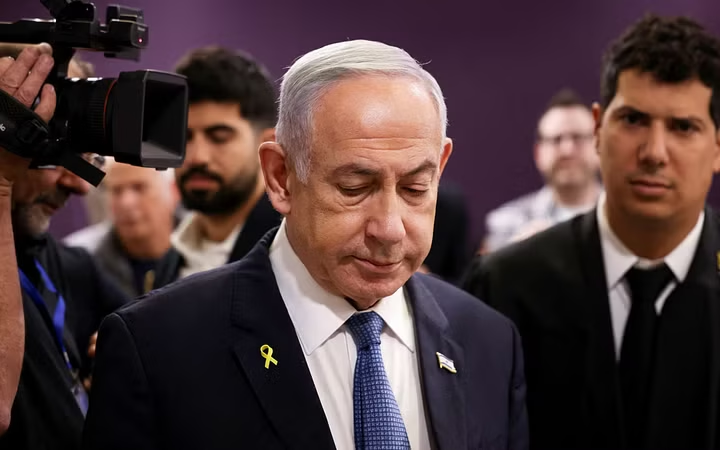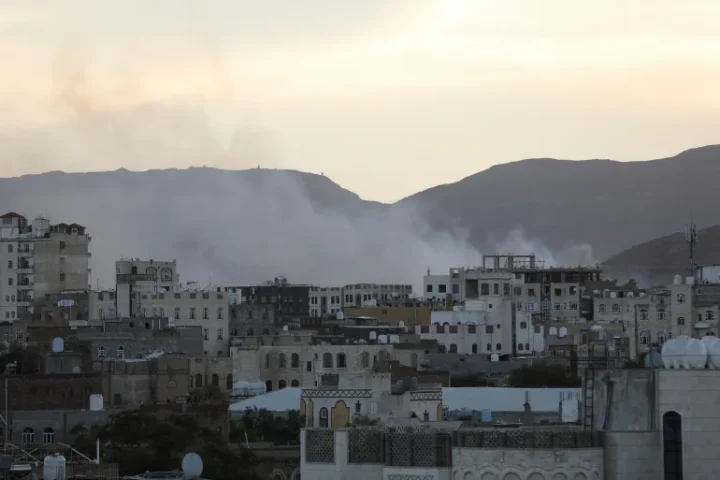The Dragon Stretches its Wings: China’s Rising Role in the Middle East
As the year 2024 draws to a close, it is clear that China’s Rising Role in the Middle East is set to grow further, with significant implications for the region’s longstanding conflicts. In a region fraught with geopolitical complexities, a significant shift is underway as Beijing increasingly asserting its influence amid the ongoing issues of Israel-Palestine tensions, the Syrian civil war, the Yemen conflict, and Iran’s regional power play.
China’s Balancing Act in the Israel-Palestine Conflict
China’s careful manoeuvring in the is notable. While maintaining strong economic ties with Israel, China also offers vocal support for the Palestinian cause. According to a 2024 report by the Carnegie Endowment for International Peace, this balancing act aims to strengthen China’s position as a key global player while protecting its economic interests in Israel.
On July 2024, Palestinian factions including rivals Hamas and Fatah signed an agreement to end division and strengthen Palestinian unity in Beijing. The announcement followed reconciliation talks hosted by China involving 14 Palestinian factions.
While China has clearly taken an interest in greater engagement in the israeli palestinian conflict, its efforts have remained relatively modest. Its recent initiatives conform its long-standing approach of non-interventionism, neutrality, and caution. Beijing may also be underestimating the profound changes that are under way in the region as a result of the current crisis and missing the opportunity to play a constructive role by using its influence to end the political deadlock
A New Power Broker in Syria?
After opposition rebel group Hayat Tahrir al-Sham took hold of the Syrian capital Damascus, overthrowing al-Assad’s regime, China has been cautious in its response. On Monday, the Chinese foreign ministry said that a “political solution” must be found to restore stability.
But while that caution captures China’s approach in its relationship with Syria more broadly, al-Assad’s sudden ouster affects the world’s second-largest economy as it is increasingly trying to expand its footprint globally.
China’s involvement in Syria has been cautious, focusing on diplomatic and economic engagement rather than military intervention. However, with the US and Russia locked in proxy conflicts, China could be poised to play a more significant role. In 2024, China pledged $400 million in aid for Syria’s post-war reconstruction, according to the Stockholm International Peace Research Institute (SIPRI).
Yemen: A Test for China’s Non-Intervention Policy?
The conflict in Yemen, a humanitarian crisis of epic proportions, continues to challenge China’s policy of non-intervention. However, signaling a more assertive diplomatic approach, Beijing hosted peace talks between the Yemeni government and Houthi rebels in late 2024, suggesting a potential shift in its stance.
By doing so, China acknowledges that post-war Yemen will require substantial reconstruction and economic development, likely amounting to billions of dollars. Engaging with all sides of the conflict ensures that, regardless of the outcome, Chinese firms will be well-positioned to secure lucrative contracts in the country’s rebuilding efforts.
Beyond economic interests, Yemen’s strategic location in the Gulf makes it a key consideration for Beijing. A significant portion of China’s trade with Europe passes through the Gulf of Aden and the Red Sea, while its oil imports from the Middle East and Africa transit via the Bab el Mandeb Strait and the Strait of Hormuz. While China already has access to these critical waterways, securing influence over Yemeni ports would further strengthen its Belt and Road Initiative, enhancing its control over global trade routes.
Iran: A Strategic Ally
China’s relationship with Iran, a pivotal player in the Middle East, holds significant strategic importance. In 2024, the two nations signed a 25-year Comprehensive Strategic Partnership Agreement, reinforcing China’s commitment to securing long-term energy supplies while providing Iran with an economic lifeline amid crippling sanctions.
This agreement has deepened bilateral ties, paving the way for expanded cooperation in energy, infrastructure, technology, and security. It highlights the growing strategic depth of their relationship and reflects a shared vision of a multipolar world where no single power dominates.
As Iran’s largest oil customer, China plays a crucial role in sustaining the Iranian economy. Chinese banks provide a vital financial lifeline, facilitating oil payments and other transactions that Western sanctions prohibit. By strengthening its economic and political ties with Iran, Beijing is further solidifying its influence in the region while securing access to critical energy resources.
Why does this matter?
China’s increased involvement in the Middle East conflicts could significantly alter the region’s geopolitical landscape. While China’s non-intervention policy has historically limited its role in regional conflicts, its increasing economic and diplomatic engagement could mark a shift towards a more proactive stance.
China’s Middle East strategy will likely continue to evolve. As the US reconsiders its Middle Eastern commitments, China is poised to fill the power vacuum, potentially reshaping regional dynamics in the process. However, China’s balancing act, particularly regarding Israel and Palestine, will be a challenging tightrope to walk. China’s strategy in Syria, Yemen, and Iran will also be worth watching, as these could further solidify its status as a global power.
The global impact of this shift will be substantial. Markets will need to adjust to China’s increased influence in the Middle East, which could bring new opportunities but also heightened uncertainties. As always, the key will be to watch, wait, and adapt.







